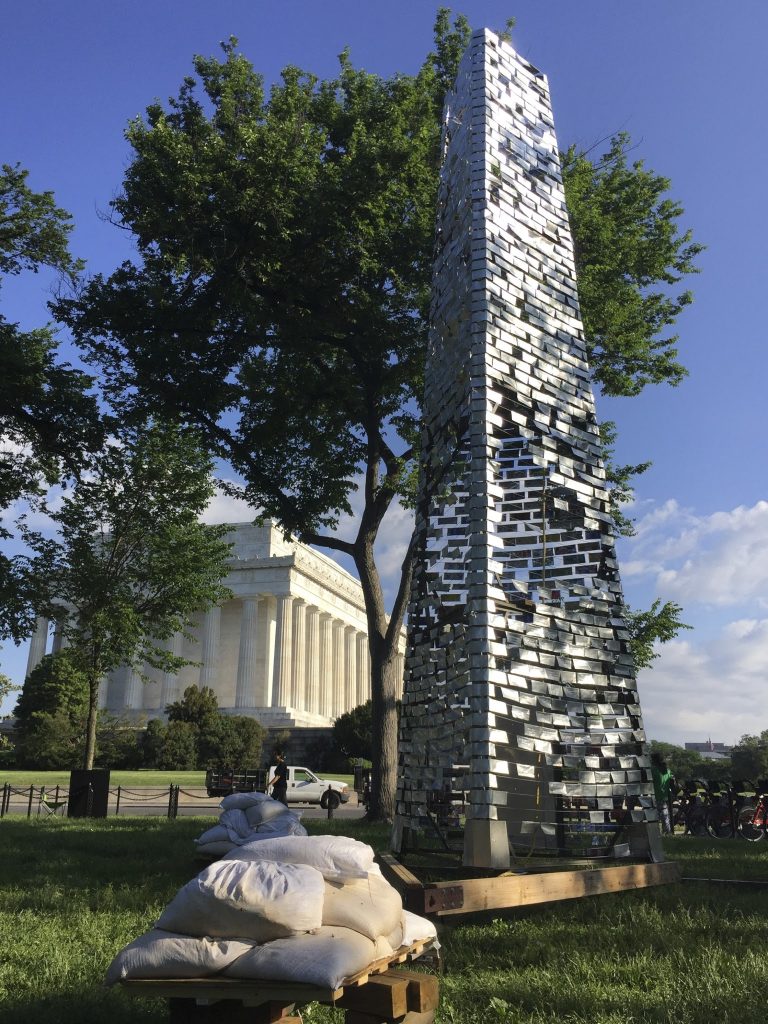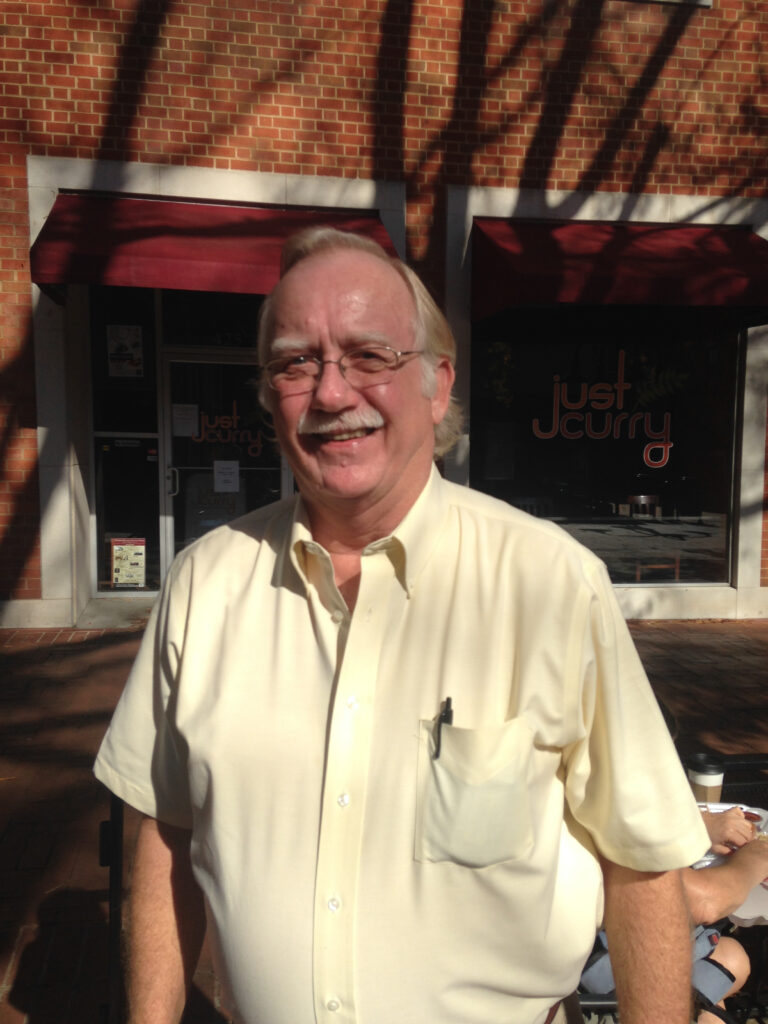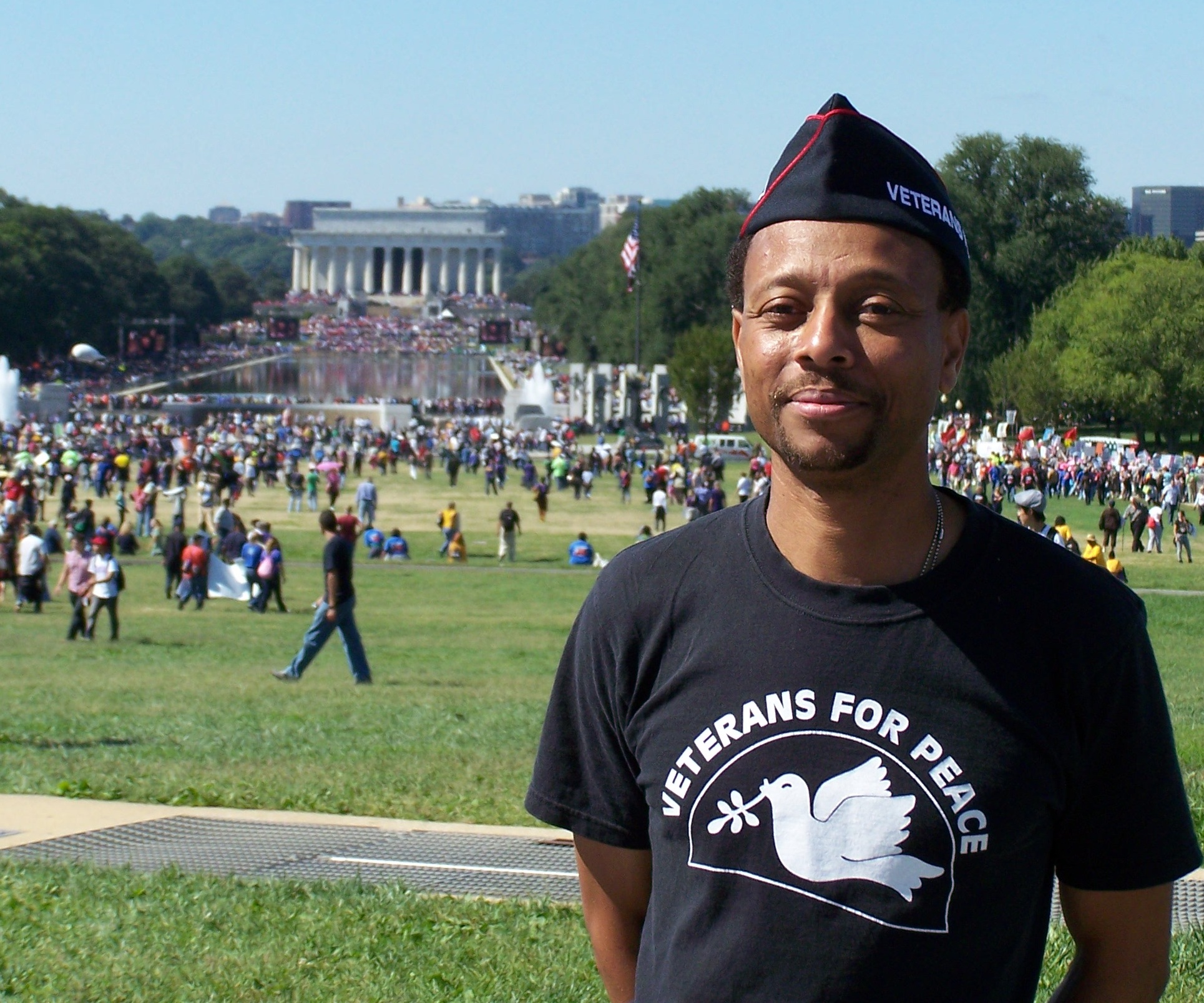By Brian Trautman
Violence against American Muslims is growing faster than at any time since 9/11, with assaults on Muslim individuals and their places of worship having tripled since the Paris and San Bernardino terror attacks. A NY Times article published last December cites several examples, which include shootings and vandalism. According to the Council on American-Islamic Relations (CAIR), last year set a record for the highest number of incidents targeting U.S. Mosques. As a result of this violence, Muslims across the country, including women and children, have conveyed to the public that they genuinely fear for their safety and security.
Hostility toward Muslims because of their religious faith is fundamental to the root and expression of Islamophobia. A 1997 reportof the Runnymede Trust defined Islamophobia as "an outlook or world-view involving an unfounded dread and dislike of Muslims, which results in practices of exclusion and discrimination." The report also identified eight common misconceptions about Islam, such as the religion is inferior, primitive, and barbaric and embodies a political ideology rather than a true religious faith.For these reasons, among others, it can beargued that Islamophobia is a form of racism.
The hate propaganda and political demagoguery observed in the current presidential election season has fueled Islamophobia and contributed to the sharp rise in hate crimes. Many public figures, social commentators and members of the media tragically conflate terrorism with Islam, despite the lack of credible evidence pointing to any connection between the two. Sadly, it is quite possible that the anti-Muslim responses to the terror attacks in Brussels from Donald Trump, Ted Cruz and others may have incited more Islamophobia and put Muslims at greater risk of victimization.
There are about 3 million Muslims in the U.S. today and more than 1.6 billion worldwide. They have the same right to religious freedom, freedom from fear, and human dignity as members of any other religion, particularly in a nation that touts itself as a beacon of hope and the "Land of the Free."As citizens, we have a moral responsibility to act to protect and preserve these rights. Accordingly, Islamophobia must be confronted every time it rears its ugly head. There is no room for apathy or complacency on this matter.
Determined to defy and combat Islamophobia before more innocent Muslims are targeted and harmed, Veterans For Peace (VFP), working closely with Iraq Veterans Against the War (IVAW), has organized a campaign called “Veterans Challenge Islamophobia” (VCI). This national campaign is a broad-based, action-oriented effort which calls on military veterans everywhere to defend the values of religious freedom, equality and individual rights – the very same values that are embedded in the U.S. Constitution. The campaign strives to prevent further abuse of our Muslim neighbors while building strong, positive relationships with Muslim communities to help guard them against hate-motivated threats and behavior.
VFP understands that terror groups like ISIL do not speak for Islam and in fact the vast majority of ISIL’s victims are Muslims. To quote Muslim Navy veteran and VFP member Nate Terani, ISIL’s atrocities represent “utter cowardice carried out by thugs who know NO religion except violence and destruction. They are NOT members of my faith which preaches the sanctity of creation.” In a recent op-ed, Paul K. Chappell, retired Army Captain and a member of VFP’s advisory board, argues that ISIL deliberately provokes Islamophobia for the purposes of recruitment. The terror organization requires two specific conditions before this objective can be fulfilled: “It needs to dehumanize the people it kills, and it also needs Western countries to dehumanize Muslims.” Chappell contends that ISIL “commits horrible atrocities against Westerners because it wants us to overreact by stereotyping, dehumanizing, and alienating Muslims.” Islamophobia, therefore, has the real potential of strengthening ISIL, especially if left unchallenged.
Besides being used as a mechanism to denigrate Muslim Americans, Islamophobia has been employed as a vehicle to demonize Muslims in foreign lands, functioning as a convenient tool for lawmakers pushing to reject war refugees from the Middle East or furnish a pretext for sending more military troops to the region. VFP also believes that the pro-torture rhetoric of several presidential candidates is linked to Islamophobia, a position that VFP has articulated publicly. The ongoing vilification and targeting of Muslims both here and abroad demonstrates the urgent need for and importance of the VCI campaign.
The formal statement of the VCI campaign reads as follows:
“We are U.S. military veterans, many of whom saw combat in Afghanistan, Iraq and Vietnam, who are appalled by the current spate of bigotry, racism and hatred expressed toward Muslims, the huge majority of whom are law-abiding and productive citizens.
Bigotry and racism violate all of the values we believed we were defending during our military service. The ideals contained in the Constitution, to the degree they have been manifested in America, have been a beacon to much of the world because of the diversity, openness, and respect for people of all faiths that most Americans live by. It will be a great calamity if we let fear give rise to hatred.
Fear-mongering endangers our national security and gives rise to hatred and racism that play into the hands of an enemy that wants to convince Muslims around the world that the West, led by the U.S., hates them, and that joining ISIL or similar organizations is the only way to truly observe and defend their religion. We can never defend ourselves effectively by playing into our adversary’s strategy, giving credibility to their recruitment propaganda. We endanger ourselves whenever we make that mistake.
We call on all Americans to let their voices be heard and to stand up for the values of tolerance, respect and love. As Pope Francis told Congress, “to imitate the hatred and violence of tyrants and murderers is the best way to take their place.”
The above statement is published on the VCI campaign website where veterans can sign on to support the campaign and non-veterans can sign upfor campaign news while helping make sure the voices of veterans are heard as we defend freedom of religion and stand against bigotry.
A number of campaign-related activities have taken place since VCI was launched last January. At the end of February, for instance, a VFP sponsored rally titled “Muslims Are Not Our Enemy” was held outside the Islamic Society of Boston Cultural Center, New England’s largest mosque (video). The campaign has inspired the hashtag #VetsVsHate, a movement of veterans who have posted personal messages of solidarity to social media and held nonviolent protests at political events nationwide, including in South Carolina, Alabama, Nevada and Arizona. Veterans involved in protests have displayed banners with appeals to stop the hate, two of which read, “Veterans to Mr. Trump: End Hate Speech Against Muslims” and “We Stand With Our Muslim Brothers and Sisters.” During some of these actions, several veterans were accosted and manhandled by security officials and belligerent political supporters.
It is the hope of VFP and its allies that the VCI campaign functionsas an educational instrument and a call to action. The attempts to manufacture fear and hatred of Muslims in our society must be stopped. All veterans, whether or not they agree with VFP on other issues, can be prominent and influential leaders in the struggle against Islamophobia and in persuading their fellow Americans to oppose hate. This campaign is intended as one small but significant contribution toward that effort.
Brian Trautman serves on the national board of directors of Veterans For Peace (VFP). He is a post-Cold War veteran of the U.S. Army. Brian teaches peace studies and economics at Berkshire Community College in western Massachusetts and resides near Albany, NY. On Twitter @BriTraut.










